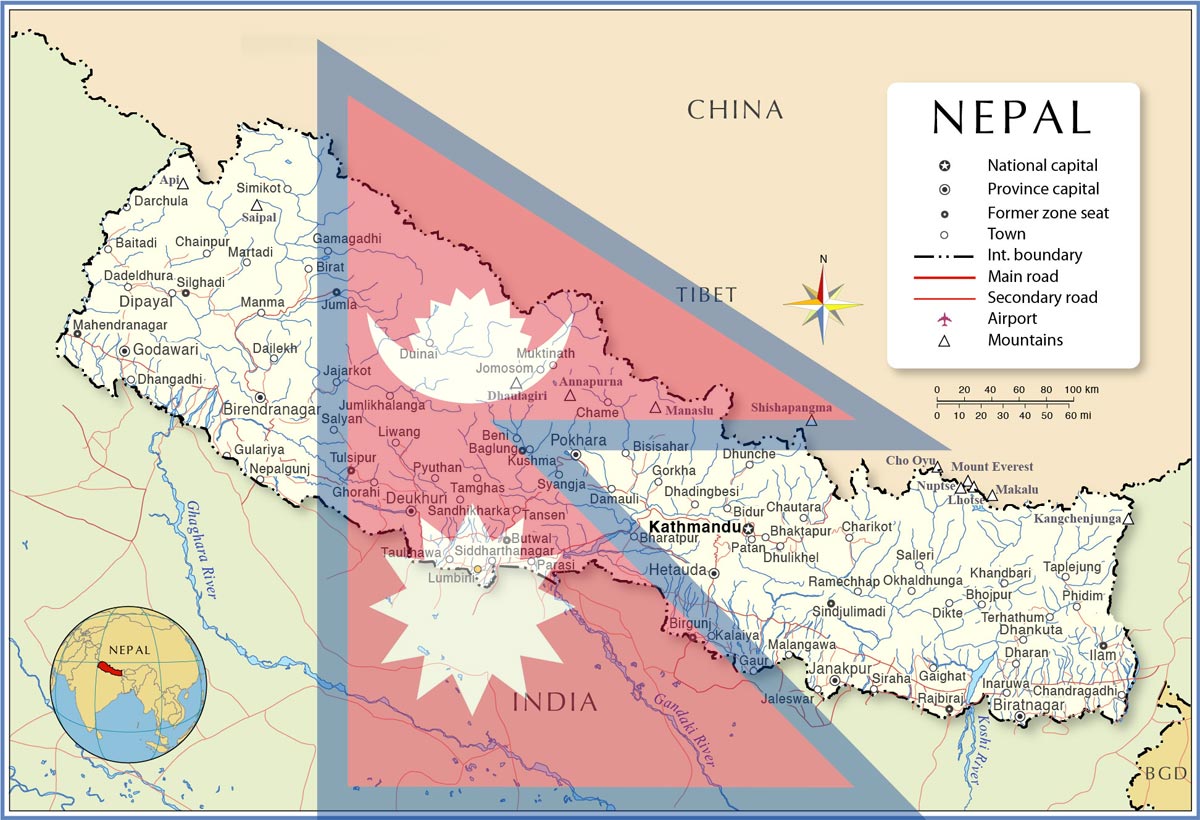
The Need for Higher Education Reform in Nepal: A Path to Progress
In a world where knowledge is power and education is the key to unlock it, the importance of a robust higher education system cannot be overstated. For Nepal, a country rich in cultural heritage and brimming with potential, the need to reform its higher education sector is both urgent and vital. This article delves into the reasons why higher education in Nepal requires significant reform and the potential benefits such changes can bring.
Current Challenges in Nepal’s Higher Education System
The higher education system in Nepal faces several significant challenges that hinder its effectiveness and progress. Understanding these challenges is crucial for implementing effective reforms:
-
Outdated and Irrelevant Curriculum: One of the major issues is the outdated curriculum that does not align with modern global trends or local industry needs. This results in graduates who are ill-prepared for the current job market and global challenges.
-
Lack of Focus on Practical Skills: The education system in Nepal is heavily theory-oriented, with insufficient emphasis on practical skills and real-world applications. This gap leaves students under-equipped for practical challenges they will face in their professional lives.
-
Inadequate Infrastructure: Many higher education institutions in Nepal suffer from inadequate physical infrastructure, including outdated classroom facilities, lack of modern laboratories, and limited access to technological resources. This infrastructure deficit severely impacts the quality of education.
-
Research and Development Deficit: There is a significant lack of focus on research and development within Nepalese higher education institutions. Limited funding and resources for research inhibit innovation and the advancement of new ideas and technologies.
-
Limited Access and Inequality: Access to higher education in Nepal is not equitable, with significant disparities based on socio-economic status, gender, and geography. This inequality limits opportunities for a large section of the population.
-
Quality of Teaching: The quality of teaching in many higher education institutions is a concern, with a need for more well-trained, qualified, and motivated faculty members who are adept in modern teaching methodologies.
-
Political Interference: Nepalese higher education institutions often face political interference, which can impact their autonomy and the impartiality of academic and administrative decisions.
-
Global Integration: There is a lack of integration of Nepal's higher education system with global education trends. This limits international collaboration opportunities for students and faculty and reduces the global mobility of Nepalese graduates.
-
Financial Constraints: Funding is a major issue, with both public and private institutions struggling with financial constraints. This affects not only the quality of education but also the capacity for expansion and improvement.
-
Underemployment of Graduates: Even with a degree, many graduates find themselves either unemployed or underemployed, indicating a mismatch between the education system and the needs of the job market.
Why Reform is Crucial in Nepal's Higher Education
Reform in Nepal's higher education system is not just important; it's a critical step towards the nation's overall development and progress. The reasons for this are multifaceted:
-
Global Competitiveness: In an increasingly interconnected world, global competitiveness is essential. Higher education reform can ensure that Nepal's graduates are not only well-versed in global standards and practices but also capable of competing and collaborating on international platforms.
-
Economic Growth and Employment: A major aim of higher education is to prepare graduates for the job market. Current high rates of graduate unemployment in Nepal indicate a mismatch between what students learn and what the economy needs. Reforming higher education to focus more on practical skills and job market relevance can significantly boost employment and, consequently, economic growth.
-
Technological Advancements: As the world rapidly advances technologically, education systems need to keep pace. Reform is crucial to incorporate new technologies and teaching methods into the curriculum, ensuring that students are adept at using modern tools and concepts.
-
Research and Innovation: A strong higher education system fosters research and innovation, which are key drivers of national development. By reforming the system to support and incentivize research, Nepal can encourage the creation of new knowledge and solutions to both local and global challenges.
-
Social Development: Education is a powerful tool for social change. A reformed higher education system can promote values such as equity, inclusivity, and social justice, thereby contributing to a more balanced and progressive society.
-
Political and Academic Integrity: Reducing political interference in educational institutions is vital for maintaining academic integrity. Reform can help establish a system where academic excellence and freedom are prioritized over political agendas.
-
Quality and Standards of Education: Improving the quality and standards of education in Nepal is essential to ensure that students receive a comprehensive, relevant, and modern education. This not only benefits the students but also elevates the national profile of Nepal's educational institutions.
-
Meeting Global Challenges: The world faces numerous challenges, from climate change to public health crises. A reformed higher education system can equip the next generation of Nepalese leaders and professionals with the knowledge and skills to contribute meaningfully to these global issues.
Conclusion
The reform of higher education in Nepal is not just a necessity but an opportunity to transform the nation into a knowledge-based society. By updating curricula, focusing on practical skills, investing in infrastructure, and ensuring academic freedom, Nepal can pave the way for a future where education is the cornerstone of its development and prosperity. The journey towards educational reform is challenging, but the rewards - a skilled workforce, a thriving economy, and a resilient society - are well worth the effort.
Nepal Related Topics Education




